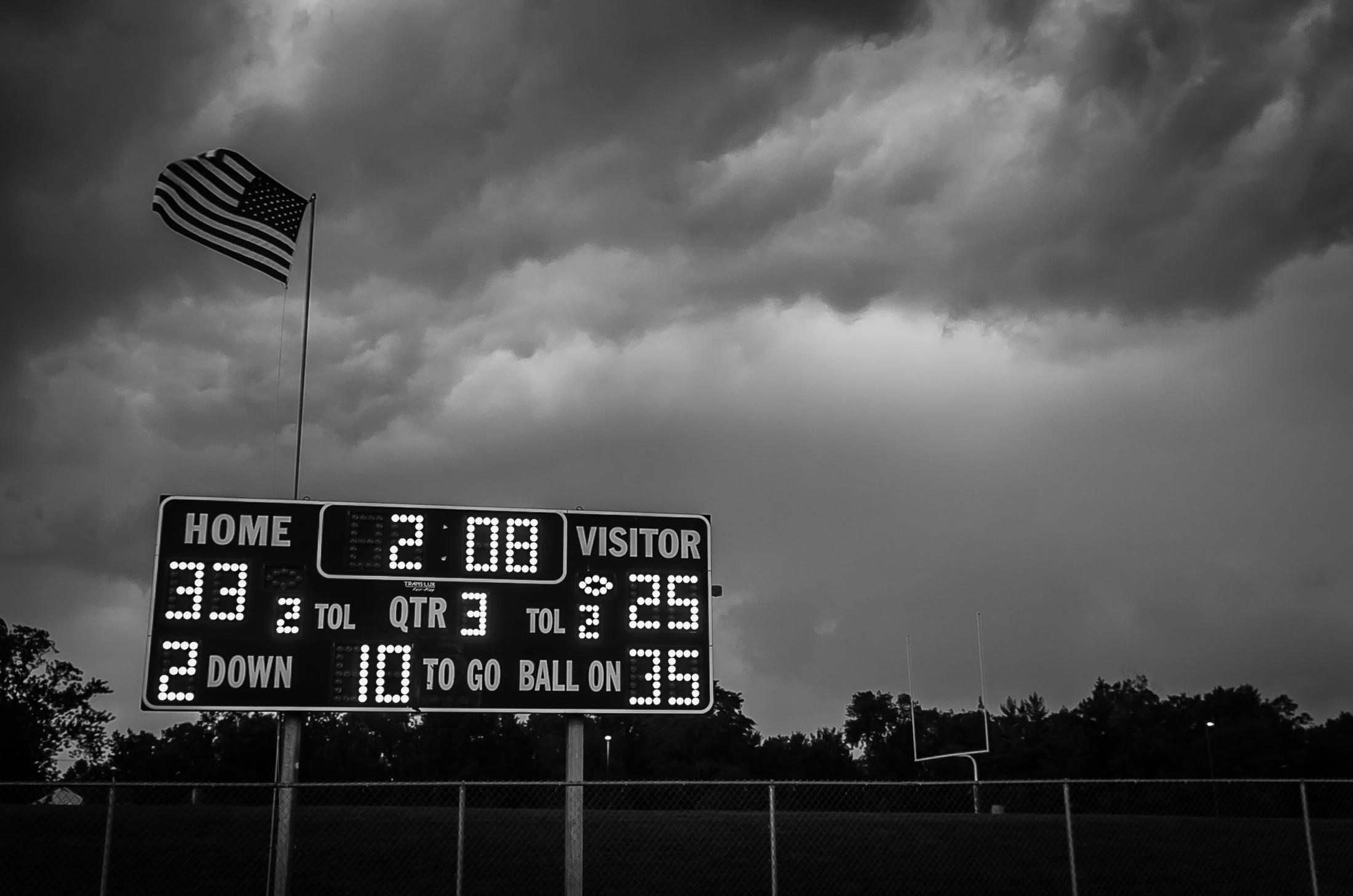
Journalism is essential to democracy, accountability, and the defense of human rights. Yet the act of bearing witness is increasingly dangerous. From violent extremism and disinformation campaigns to civil unrest and natural disasters, journalists face a range of physical, digital, and psychological threats. Freelance journalists, contract workers, and those employed by under-resourced newsrooms often shoulder the greatest burden. Without institutional backing, protective equipment, or access to safety training, these reporters are left exposed.
Staff journalists employed by well-established and well-resourced news organizations occupy a unique position. With access to resources, training, and networks of support, they have both the opportunity and the responsibility to help their colleagues who lack such safety nets. At Crisis Ready Media, we believe journalism is a team sport. That means looking out for one another, sharing resources, and ensuring that no journalist is left vulnerable—especially those who are targeted because of their sexual identity, gender, or other aspects of who they are.
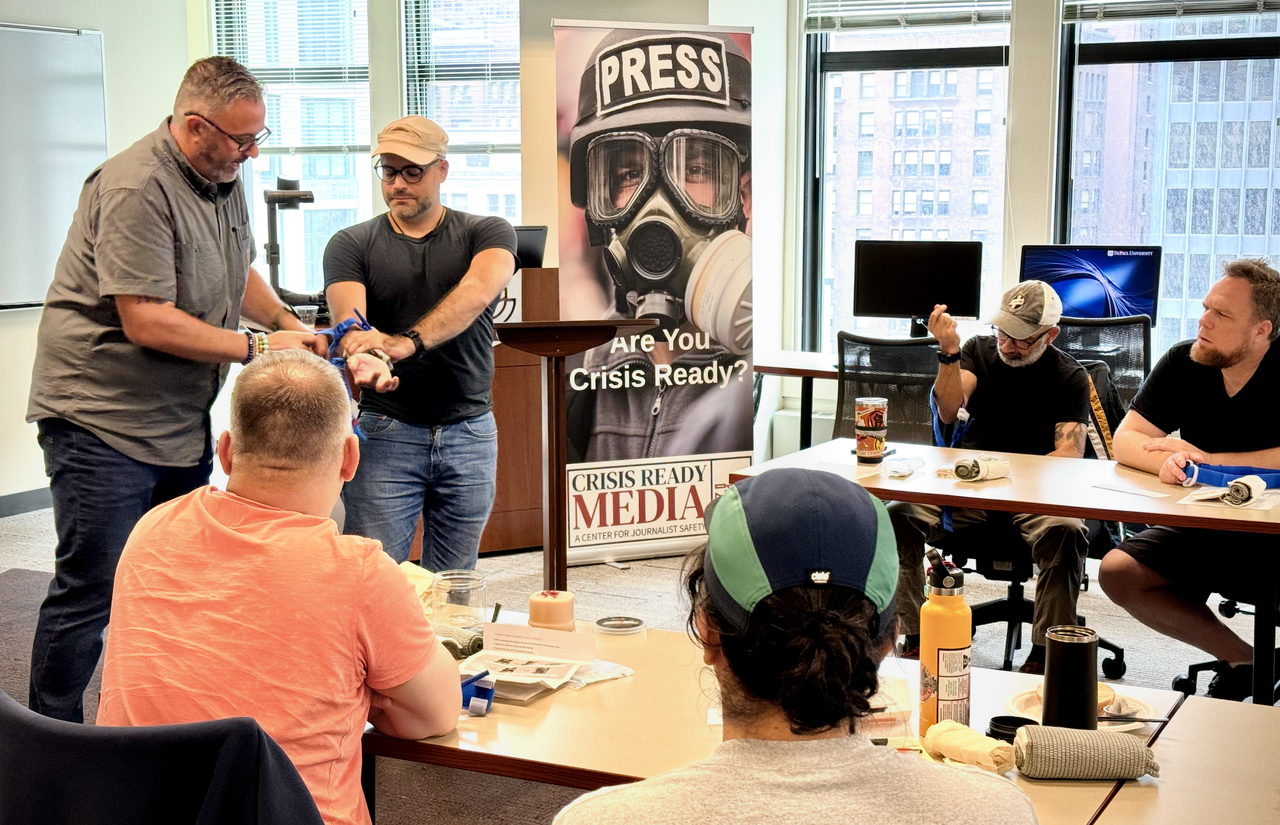
The Divide in Resources
The modern media landscape is shaped by an imbalance of resources. Established outlets typically provide staff journalists with protective equipment, legal support, security training, and digital tools. Freelancers and contract workers often provide frontline coverage for the same stories—wars, protests, disasters—without these protections.
This divide creates not only an ethical problem but also a safety hazard. When one journalist in the field is vulnerable, everyone is more at risk. Attacks, harassment, or arrests against under-protected reporters can escalate situations that affect the entire press corps. Recognizing this reality is the first step toward collective responsibility.
Duty of Care: What It Means
The “duty of care” is a principle rooted in both ethics and practicality. It refers to the responsibility to protect and support those around us, even when we are not legally required to do so. In journalism, this duty extends beyond one’s employer. It includes:
- Protecting colleagues in the field. If a fellow journalist is isolated or targeted, step in. Pair up, share protective equipment, and avoid leaving colleagues behind.
- Sharing knowledge and training. Journalists who have received hostile environment or digital security training can informally mentor peers, pass along guidance, or share quick safety checklists.
- Lending equipment. Those working under an outlet that provides helmets, vests, or encrypted communication tools should consider sharing spares or extras with freelancers nearby.
- Offering logistical help. Simple acts—like checking in via text, flagging safe routes, or sharing transportation—can dramatically improve safety for those with limited resources.
- Standing against discrimination. Journalists targeted for their sexual identity, gender, or appearance need visible allies. Public solidarity, both on-scene and in coverage, sends a strong signal that harassment or attacks will not be tolerated.
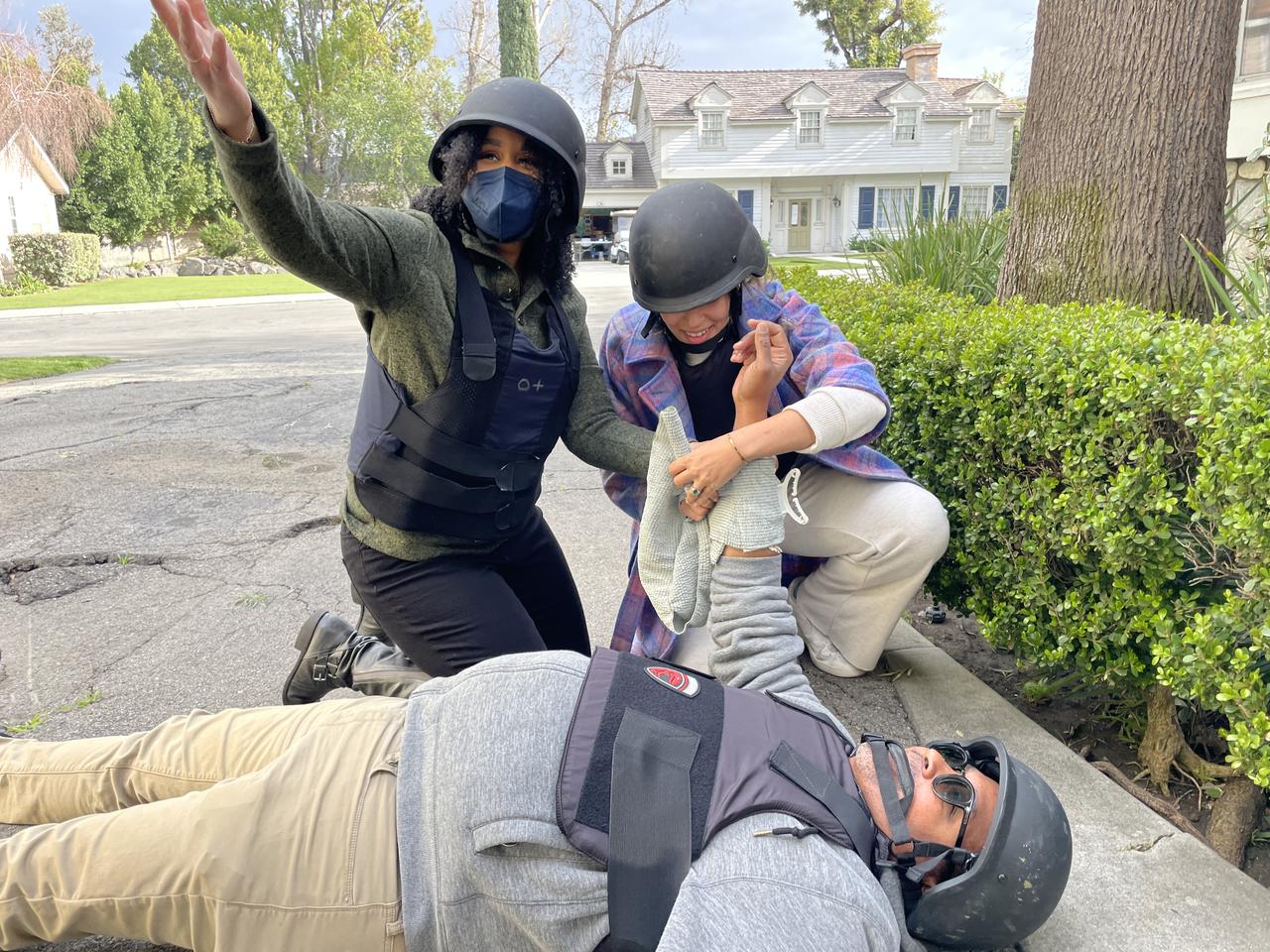
Practical Steps Staff Journalists Can Take
- Establish Buddy Systems in the Field
Pair with freelancers or contract workers during assignments. This not only provides safety in numbers but also ensures that someone will account for their presence if a crisis occurs. - Share Communications Networks
Larger newsrooms often use encrypted messaging apps, check-in protocols, or desk support. Including freelancers in these systems can close dangerous gaps in communication. - Offer Protective Gear
Even a single extra helmet, vest, or medical kit can make a difference. Staff journalists should advocate within their organizations for equipment pools that can be extended to unaffiliated colleagues. - Include Freelancers in Pre-Deployment Briefings
Before covering protests, natural disasters, or volatile political events, staff journalists are often briefed on risks. Inviting freelancers into tese conversations ensures they are equally informed about hazards and emergency procedures. - Mentor on Digital Security
Contract and freelance reporters often lack digital safety infrastructure. Helping them set up two-factor authentication, secure communications, or backup protocols can protect them from hacking, doxxing, and harassment. - Raise Awareness About Threats to Identity-Based Communities
Journalists from LGBTQ+ communities, women reporters, and journalists of color are disproportionately targeted. Staff journalists can use their influence to advocate for these colleagues, ensure their concerns are heard, and share protective strategies tailored to their risks. - Advocate Internally
Within established newsrooms, staff journalists should press their employers to create formal policies for supporting freelancers—through insurance, training access, and post-assignment trauma care.
Journalism as a Team Sport
The idea that “journalism is a team sport” is more than a slogan. In practice, it means:
- Collective safety protocols. When one journalist adopts protective measures, others benefit. For example, when reporters move as a group in a protest setting, it discourages targeting.
- Shared credibility. Standing together reinforces the integrity of journalism as a whole. If freelancers are discredited or silenced through harassment, all reporting suffers.
- Strength in advocacy. When staff journalists use their platform to highlight threats against freelancers, they amplify concerns that might otherwise be ignored.
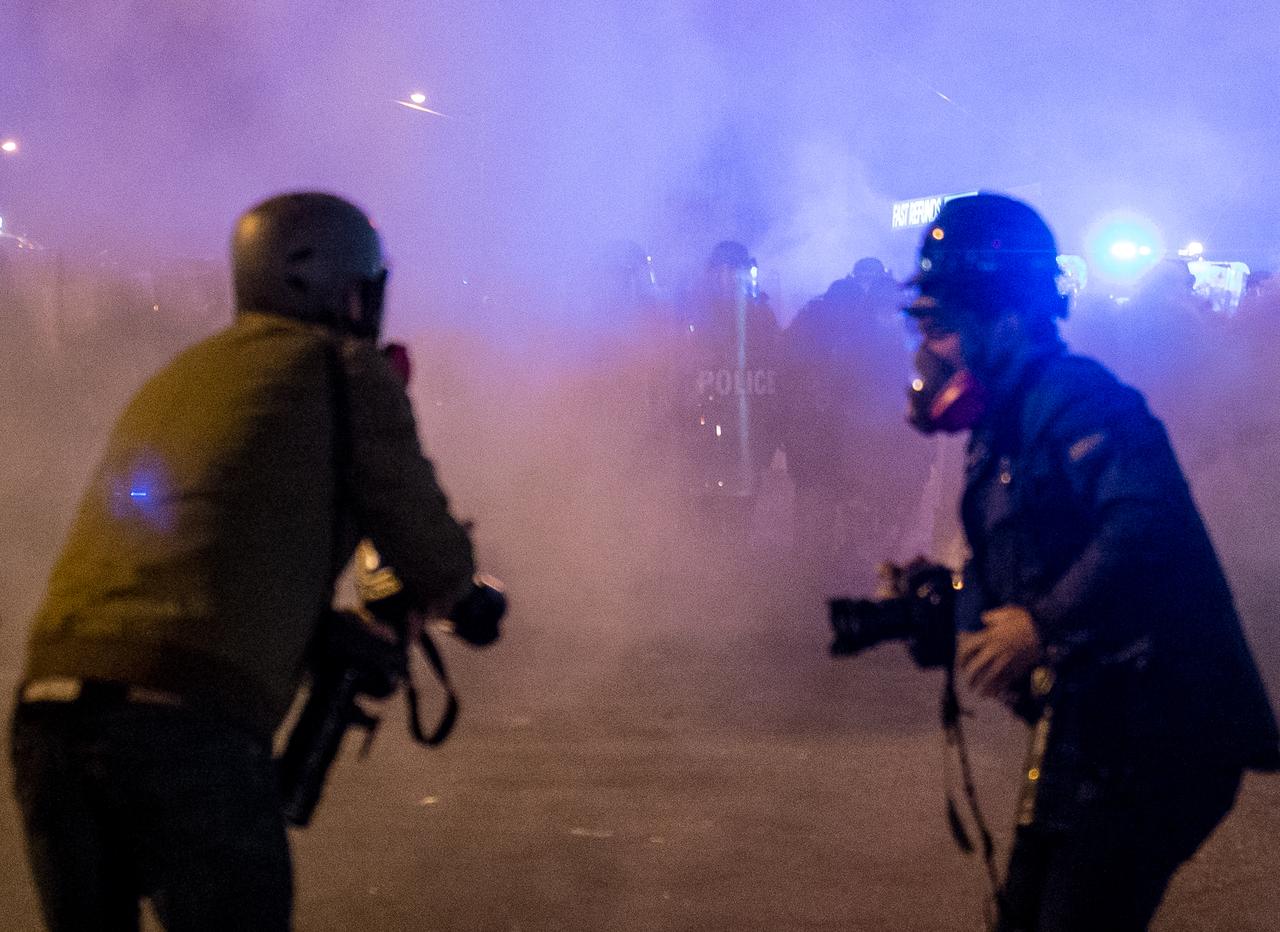
The profession thrives when we act as one press corps, not a fractured hierarchy of protected and unprotected individuals.
Hazards and Vulnerabilities for Under-Resourced Journalists
Freelancers and those in small newsrooms face heightened exposure to hazards, including:
- Physical attacks at protests or political events. Extremist groups often target perceived vulnerable reporters.
- Arrests without institutional backing. Staff journalists may have legal teams; freelancers rarely do.
- Digital harassment and doxxing. Without cybersecurity training or IT support, contract reporters are more likely to suffer long-term harm from online campaigns.
- Exclusion from safety infrastructure. Many freelancers are not included in newsroom evacuation planning, emergency contacts, or insurance programs.
- Identity-based threats. Female journalists and LGBTQ+ reporters are disproportionately targeted with harassment and violence.
Recognizing these vulnerabilities underscores why collective responsibility is necessary.
Ethical Dimension: Why This Matters
Ethics in journalism extend beyond truth-telling. They encompass the way we treat each other. Ignoring a struggling colleague is not a neutral act, it risks enabling harm. Conversely, extending support reinforces the values journalism is meant to uphold.
Proper reporting is a journalist safety issue. Irresponsible coverage or failure to protect vulnerable colleagues can escalate tensions, provoke hostility, and create physical hazards in the field. Likewise, the absence of ethical solidarity can leave isolated journalists at greater risk of violence.
At the same time, supporting colleagues is not about censorship or limiting appropriate coverage. It is about ensuring that no story, and no reporter, is pursued at the cost of unnecessary harm.
Conclusion
Journalists are bound by a shared mission: to seek truth, hold power accountable, and tell stories that matter. But that mission is endangered when any member of the press corps is left unprotected. Staff journalists and those in well-resourced newsrooms hold not only privilege but also responsibility. By sharing resources, knowledge, and solidarity, they can safeguard their freelance and under-resourced colleagues.
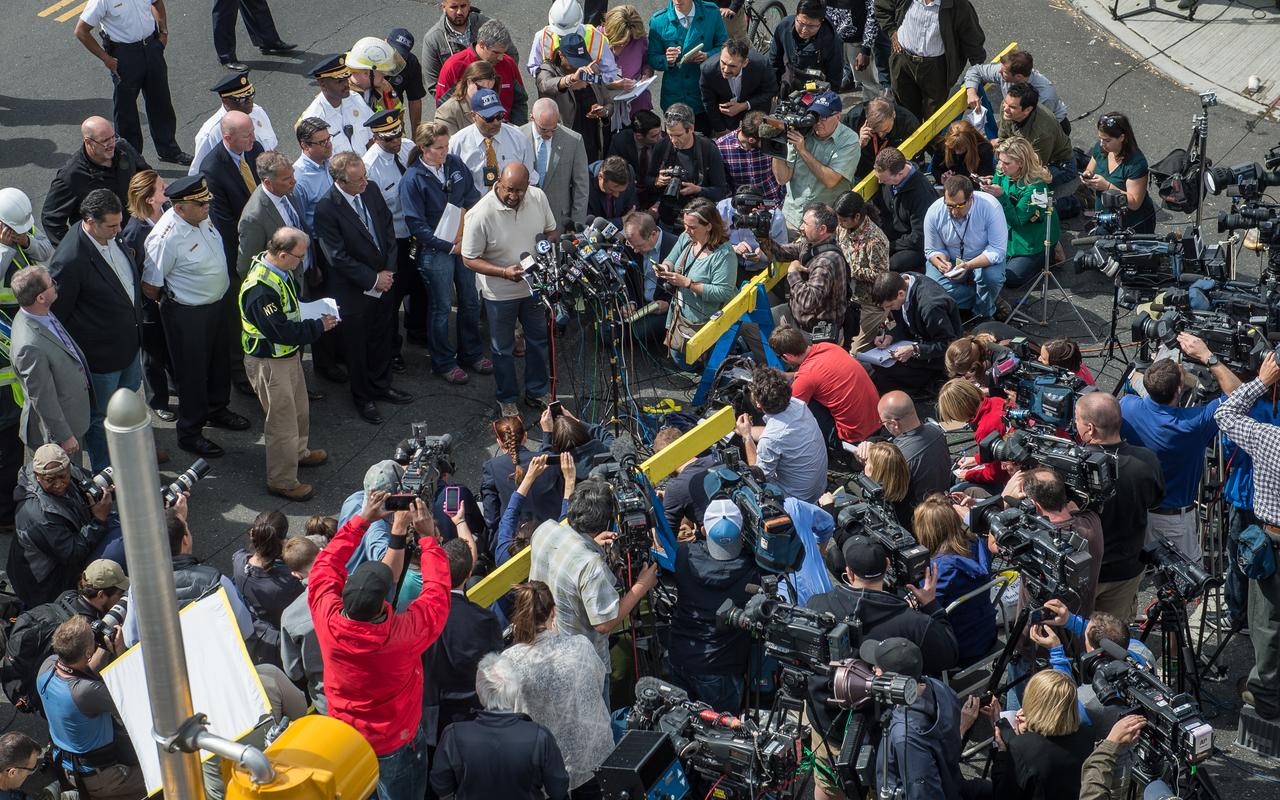
Journalism is a team sport. Our strength lies not in the size of our newsrooms or the reach of our platforms, but in our willingness to watch out for each other. That includes every journalist, regardless of employer, identity, or resources. Only together can we ensure that the press remains free, resilient, and safe.
